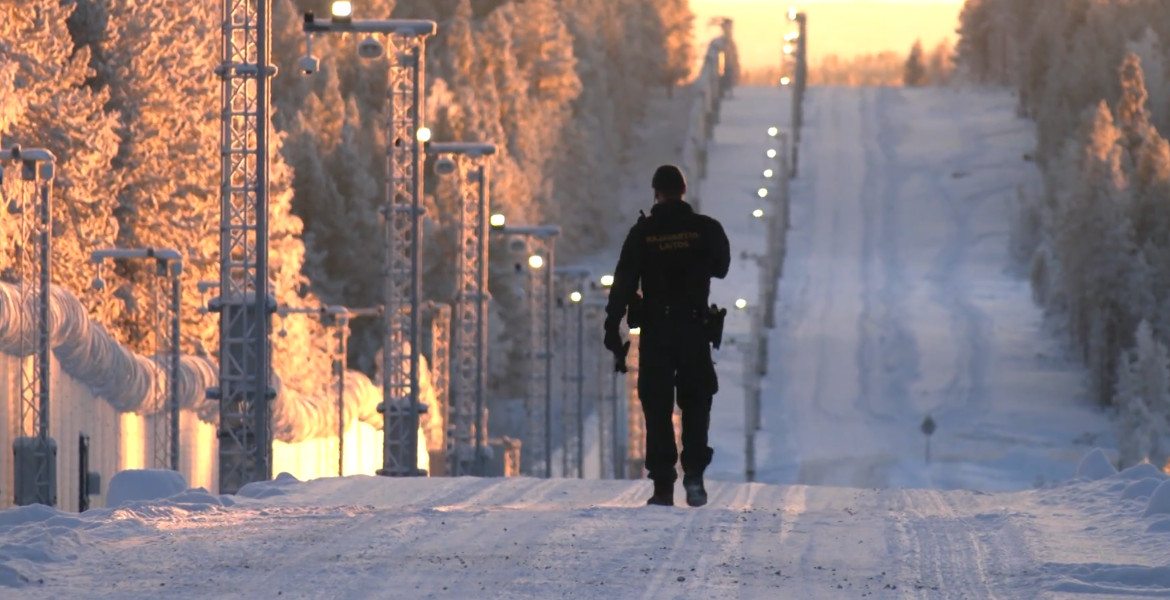A recent survey in Finland shows that almost four out of ten Finnish schoolchildren have reduced physical ability. In rural areas, functional capacity is often lower than in urban areas.
The Move! survey is part of the physical education curriculum for students in grades 5 and 8 in Finland. Measurements are carried out annually and consist of six sections measuring students' fitness, mobility and motor skills. More than 111,000 students participated in this year's survey.
Boys' endurance and mobility have improved compared to previous surveys, while girls' results have improved slightly since last year, but remain largely unchanged. However, 38% of participants still have such poor physical functioning that it "may be detrimental or harmful to health and well-being".
– It is important to pay attention to students whose functioning has deteriorated. An adequate level of physical functioning promotes health, learning, and students' well-being, says Mikko Huhtiniemi, head of development at the University of Jyväskylä, in a press release.
There are large regional differences in student performance. In more densely populated urban areas, functional capacity is significantly better than in rural areas. The results of the social regions of Western Uusimaa, Pirkanmaa, Northern Ostrobothnia, Central Finland and Helsinki are also better than the national level. However, the results of the welfare regions of Central Ostrobothnia, Lapland, Kymenlaakso, Satakunta and Kainuu are worse than the national level.




